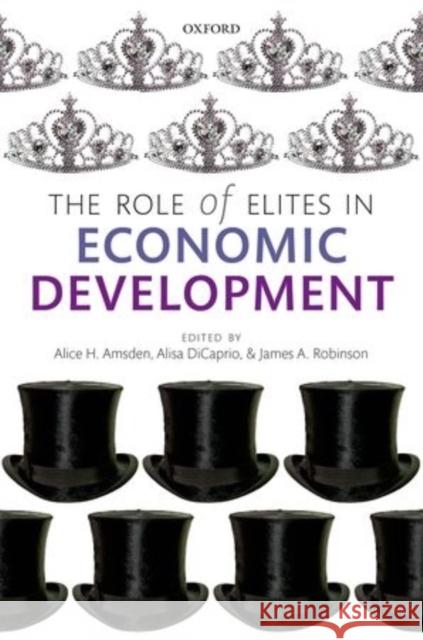The Role of Elites in Economic Development » książka
The Role of Elites in Economic Development
ISBN-13: 9780198716433 / Angielski / Miękka / 2015 / 398 str.
Elites have a disproportionate impact on development outcomes. While a country's endowments constitute the deep determinates of growth, the trajectory they follow is shaped by the actions of elites. But what factors affect whether elites use their influence for individual gain or national welfare? To what extent do they see poverty as a problem? And are their actions today constrained by institutions and norms established in the past? This volume looks at case studies from South Africa to China to seek a better understanding of the dynamics behind how elites decide to engage with economic development. Approaches include economic modelling, social surveys, theoretical analysis, and program evaluation. These different methods explore the relationship between elites and development outcomes from five angles: the participation and reaction of elites to institutional creation and change, how economic changes affect elite formation and circulation, elite perceptions of national welfare, the extent to which state capacity is part of elite self-identity, and how elites interact with non-elites.











